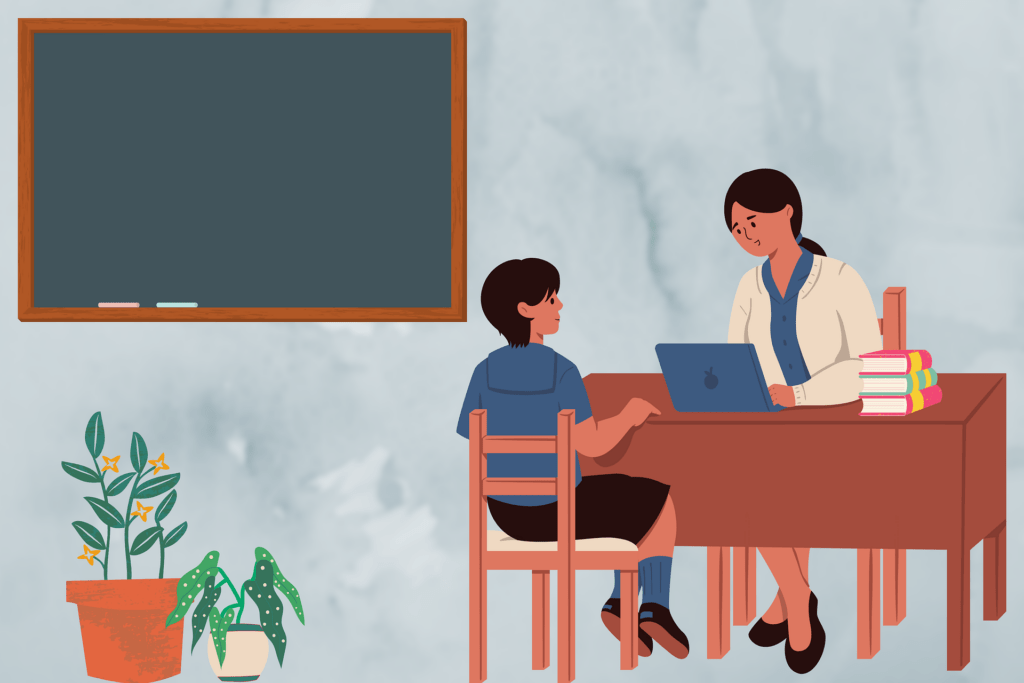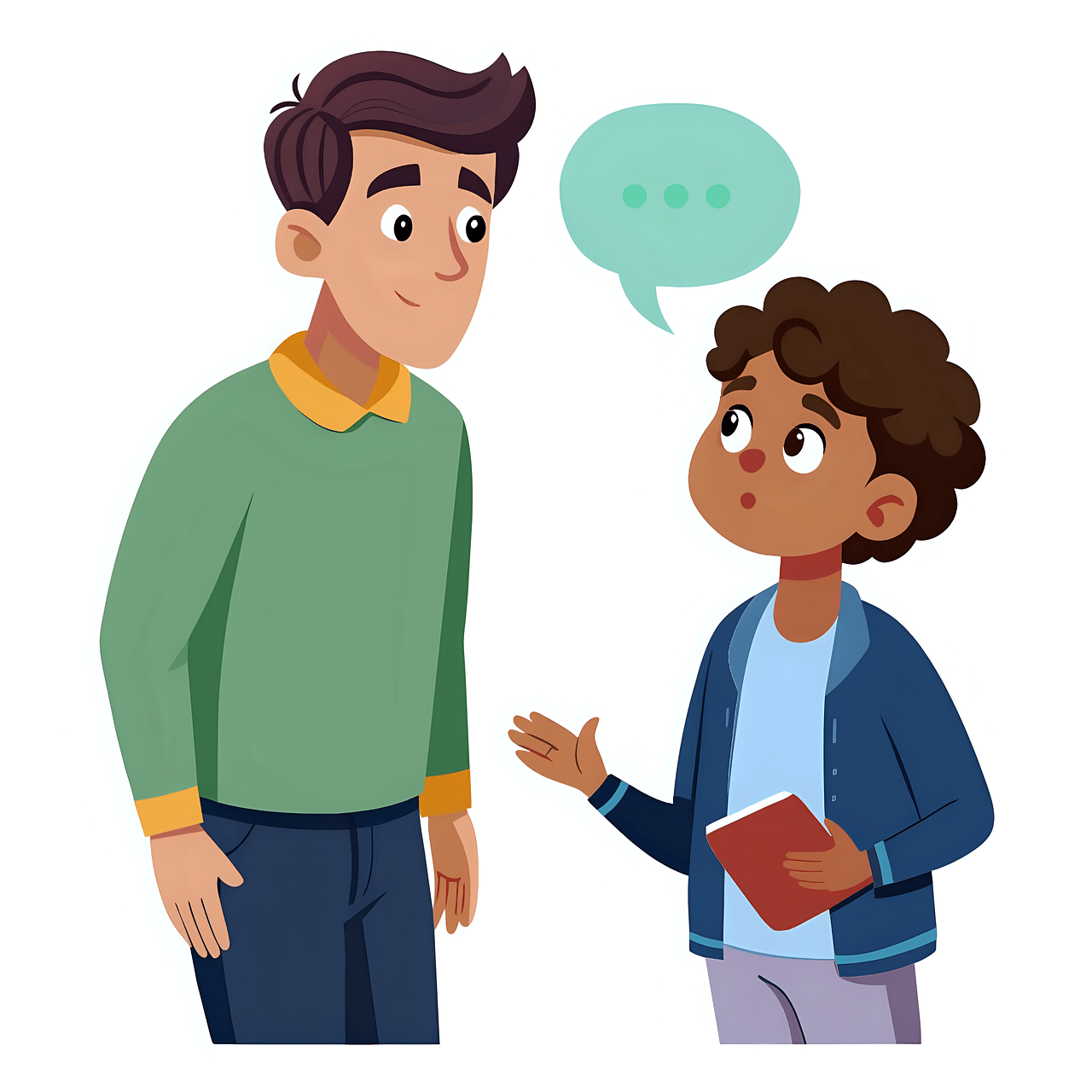Knowing when to start learning a language can be the deciding factor in how successful language learning will eventually be. Motivation, resources, and time play a crucial role in language learning. Ultimately, these factors determine the best time to embark on such a rewarding endeavour.
Learning a new language is not just about mastering words and grammar. It’s a gateway to personal growth, cultural understanding, and enhanced communication. Hence, starting to learn a new language is never too late.
Factors to consider before you start learning a language
Before learning a new language, you need to consider some essential factors.
Motivation
Understanding why you want to learn the language can help you stay committed and focused. Whether for travel, career opportunities, or personal interest, having a clear motivation can keep you engaged throughout the learning process. In addition, regardless of your motive, learning a second language has multiple advantages, which can be crucial to sustaining your motivation.
Available resources
Considering the resources available to you. Your resources can be in the form of language courses offered by educational institutions or online learning platforms. They can be a variety of textbooks and materials or opportunities for language exchange with native speakers. Access to language learning apps can also significantly contribute to devising a targeted learning strategy tailored to your specific language learning goals. While you may need to choose one, combining the available resources can shorten the process.
Time commitment
It’s important to carefully assess the time you have available to dedicate to learning the language. By clearly understanding your schedule and commitments, you can set achievable goals and establish a regular study routine that aligns with your availability.
Deciding when to start learning a language

There is an ongoing debate regarding when to start learning a language, especially in determining the optimal age to start a new language. Research has shown that it’s best to start at a young age—less than ten—as the brain is highly receptive to language learning during this stage of life.
While adults also can learn new languages, they may face more significant challenges due to cognitive and neural factors. Adults face these challenges in learning a new language because their brains have an established language pattern, which becomes an impediment to learning new ones.
While every research points to our early childhood as the optimal age to start learning a new language, there is no established prime age for adults. In conclusion, the best time to learn a new language as an adult is now because it likely won’t get easier as you age.
Strategies for language learning
Now that we’ve highlighted the best age to start learning a new language, let’s highlight how you can succeed at it. There are different approaches to language learning. These include immersion, guided learning, and self-study resources.
Immersion
Immersion involves surrounding yourself with the language you want to learn. This can be achieved by living in a country where the language is spoken, watching movies or TV shows in that language, listening to music, and speaking with native speakers as much as possible. Immersion can be an effective way to quickly improve language skills and gain a more natural understanding of the language.
Guided learning
Guided learning refers to structured language classes in a traditional classroom or online, as with PrepMeWell Language Institute. This approach provides a systematic and organised way to learn a language, often covering grammar rules, vocabulary, and language skills. Guided learning provides a strong foundation in the language and helps learners understand the technical aspects of language.
Self-study resources
Self-study resources include books, language learning apps, online resources, and other materials that learners can use independently to study a language. These resources can be tailored to individual learning styles and schedules, allowing learners to take control of their learning process. Self-study resources can be handy for supplementing guided learning or for learners who prefer to study at their own pace.
Challenges in learning a new language
Learning a new language can present different challenges. Knowing and figuring out how to overcome these challenges can indicate that you are ready to learn a new language. Natural barriers can affect acquiring a new language. One such barrier is the absence of a LAD (language acquisition device), which is usually present in children ages nine and under and allows them to speak a language simply by hearing it.
Other challenges arise from the process of learning a new language. Some of the challenges you are likely to face in your learning journey include
- Language difficulty: Learning a new language can be challenging due to grammar, vocabulary, and sentence structure differences compared to one’s native language. Language difficulty is often the primary determinant of how long you should take to learn a new language.
- Inconsistency: Languages often have irregularities and exceptions that make them difficult to master.
- Pronunciation: Pronouncing words correctly in a new language can be challenging, especially if the sounds are absent in one’s native language.
- Poor tutelage: Inadequate or ineffective instruction can hinder the learning process and contribute to challenges in learning a new language.
- Fear of error and ridicule: Learners may hesitate to speak or practise the new language because they fear making mistakes and being ridiculed.
FAQs
Can a child learn a second language?
Yes, children below the age of ten can learn a second language. In fact, children can pick more than two languages naturally as long as those languages are constantly used around them.
Am I too old to learn a new language?
You are not too old to learn a new language as long as you are motivated and have the right resources to aid your learning. If you need a learning guide, sign up with us at PrepMeWell Language Institute. Go here to get started.
Conclusion
In conclusion, when to start learning a language is unique to each individual and depends on factors such as motivation, available resources, time commitment, and age. Regardless of age, the benefits of learning a new language are numerous, and the best time to start is now.
By considering the strategies for language learning and being aware of the challenges involved, you can prepare for a rewarding language acquisition journey. Through immersion and structured learning, you can achieve success on your linguistic adventure for personal growth, cultural understanding, and enhanced communication skills.



